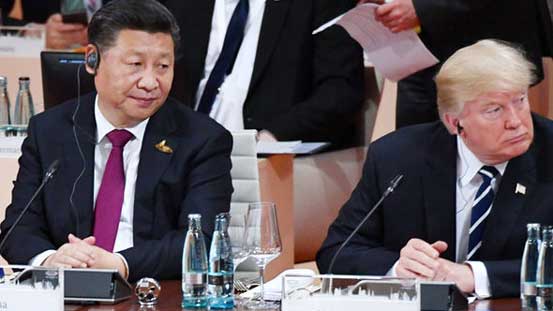×
The Standard e-Paper
Stay Informed, Even Offline

NAIROBI, KENYA: China has overtaken United States as Kenya’s favourite ally, a new survey by Ipsos now says.
According to the study, more Kenyans see China as the development partner of greatest benefit, even compared to the US (34 percent vs. 26 percent), despite the latter having a much bigger ‘footprint’ in the country in terms of the duration of its presence, and greater cultural proximity (through the English language, as well as the magnitude of the Kenyan diaspora population there).